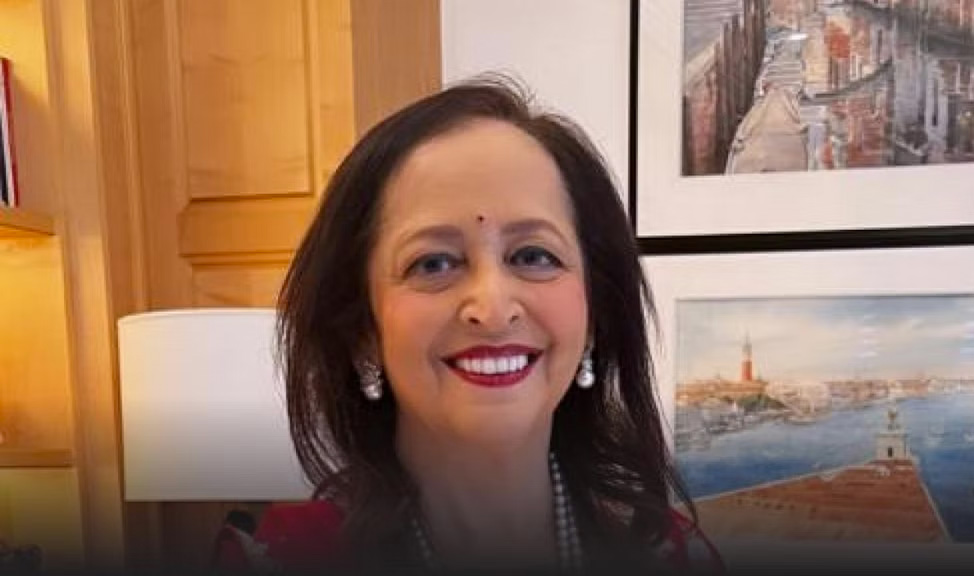
In a conversation with HerStory, Dr Swati Piramal, Vice Chairperson, Piramal Group, talks about her journey into healthcare, the challenges she faced, and what she thinks is the need of the hour when it comes to public health.
In September 2022, Dr Swati Piramal was conferred the Chevalier de la Légion d’Honneur (Knight of the Legion of Honour), France’s highest civilian award, in recognition of her outstanding achievements in business, science, medicine, and culture. Years earlier, in 2006, she was also awarded the Chevalier de l’Ordre National du Mérite (Knight of the Order of Merit), France’s second-highest civilian honour.
Dr Swati Piramal is among India’s leading scientists and industrialists. Her contributions to innovations, new medicines, and public health have touched many lives. She has championed women’s leadership and developed frameworks to support women in leadership roles. As Director of Piramal Foundation, she leads efforts towards effective public policy and governance in health, water, and education through private-public partnership models to contribute to India’s SDG goals.
HerStory (HS): Tell us about your journey in healthcare and your learnings so far?
Swati Piramal (SP): From my early days as a doctor in 1982, I was determined to reduce the burden of disease. We established the Gopikrishna Piramal Memorial Hospital in Mumbai to treat children of mill workers. During those years, polio was rampant. We spread awareness through songs and street theatre and treated 25,000 children annually at our ambulatory care centre. Within a decade, the area was polio-free. This taught me that prevention is less expensive and better than cure.
This lesson led me to pursue a degree at Harvard School of Public Health. Over decades, we used public health interventions through Piramal Healthcare and the Piramal Foundation for multiple ailments. During COVID-19, these principles guided our fight against the virus.
HS: Tell us about the challenges in this journey. How did you overcome them?
SP: When I started my career, few women pursued STEM fields. Resilience has been key throughout my 40-year career. Many disagreed with me when I pioneered intellectual property rights in India. It took 10 years for others to accept innovation as essential.
HS: What do you think we need to do more in the field of public health?
SP: India needs to invest more in public health and build nationwide capacity for future pandemics like COVID-19. Currently, only one or two districts out of 700 have dedicated epidemiologists. Educating healthcare workers and policymakers is critical.
The central and state governments should partner with philanthropists and industries to invest in drug discovery and translate results into implementation at the last mile. The initial investments made by industries in drug research over the last two decades are paying off now as India develops its own vaccines and drugs.
The Piramal Foundation operated across all aspirational districts during COVID-19 to reduce deaths. It now acts as a coordinator for CSR activities of various organisations in underdeveloped areas.
(The writer is Dr. Swati Piramal; views are personal)
This article was first published on 04 January 2023 on HerStory





